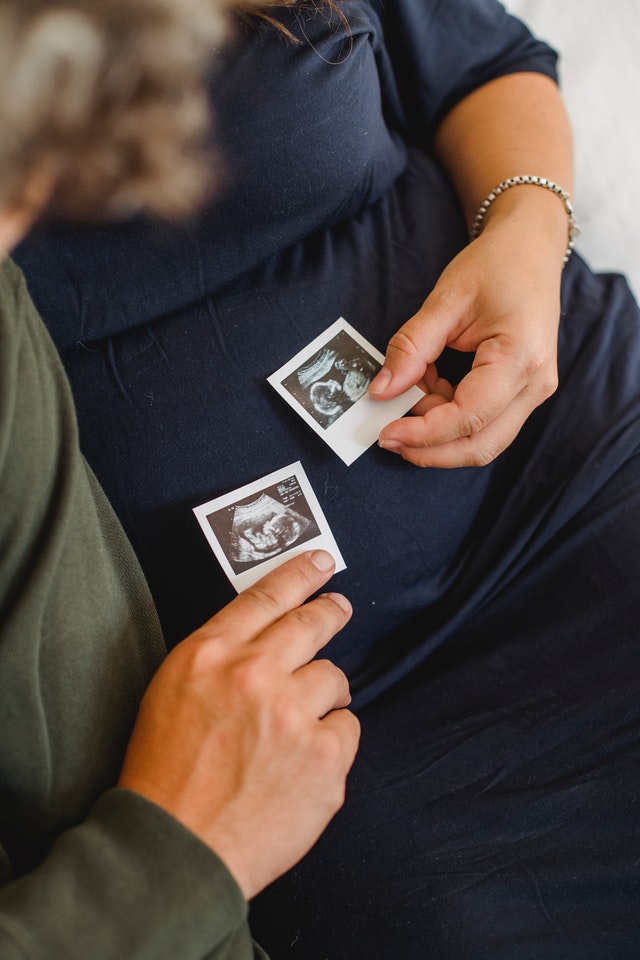
WASHINGTON, D.C. – The U.S. Supreme Court ruled today in two cases, Whole Woman’s Health v. Jackson and United States v. Texas, that Texas’ six-week abortion ban will remain in place while allowing abortion facility lawsuits to proceed in the lower courts
SB 8, known as the “Texas Heartbeat Act” prohibits elective abortions when the preborn child’s heartbeat is detectable, typically about six weeks of pregnancy, using methods according to standard medical practice. The “Texas Heartbeat Act” took effect September 1 and allows private citizens to file suit against abortionists who are caught violating the law by committing abortions after this time limit.
Whole Woman’s Health v. Jackson
In Whole Woman’s Health v. Jackson, the High Court ruled that the law will stand but that abortion businesses can sue some, but not all of the defendants. The Supreme Court dismissed the federal case of United States v. Texas filed by the Department of Justice “as improvidently granted” stating that the federal government did not have proper standing to file the lawsuit.
Opinions
Justice Neil Gorsuch issued the opinion, joined in whole by Justices Alito, Kavanaugh, and Barrett and in all but one part by Justice Thomas, and stated that “the ultimate merits question, whether S.B. 8 is consistent with the Federal Constitution, is not before the Court. Nor is the wisdom of S.B. 8 as a matter of public policy.” Justice Gorsuch’s opinion holds that the case cannot proceed against several of the defendants—namely, the court clerk, the state judge, the state attorney general, and the private individual.
Justice Clarence Thomas wrote a concurrence and partial dissent stating he would send the case back with instructions that it be dismissed entirely for “lack of subject-matter jurisdiction.” He also noted the “irony of this case” that “SB 8 has generated more litigation against those who oppose abortion than those who perform it.”
Chief Justice Roberts wrote a dissent (except as to the licensing officials), joined by Justices Breyer, Sotomayor, and Kagan. Justice Roberts stated he would allow the suit to proceed against the state attorney general and against the court clerk.
Part/Dissenting
Justices Breyer, Sotomayor, and Kagan also had their own concurring in part/dissenting in part opinion, written by Sotomayor. “I dissent, however, from the Court’s dangerous departure from its precedents, which establish that federal courts can and should issue relief when a state enacts a law that chills the exercise of a constitutional right and aims to evade judicial review. By foreclosing suit against state-court officials and the state attorney general, the Court effectively invites other States to refine S.B. 8’s model for nullifying federal rights.”
Source:
Liberty Counsel Founder and Chairman Mat Staver said, “The U.S. Supreme Court did not block Texas’ six-week abortion ban. This case may become moot if the High Court overturns Roe v. Wade and ends its horrible history siding with eugenics.”




















